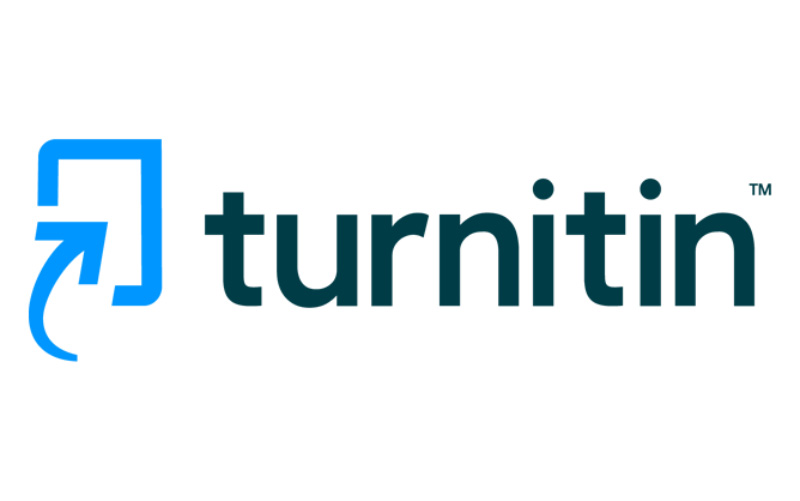MODEL PENCEGAHAN PRAKTIK KARTEL IMPOR DAGING SAPI DIKAITKAN DENGAN DAYA BELI MASYARAKAT
DOI:
https://doi.org/10.30997/jill.v10i1.1494Abstract
The ability of consumer purchasing power of beef after cartel practice is the effect of the increase of beef price to consumer behavior varies, among others there are buy in fixed amount before and after price increase, there is a decrease the quantity of purchase and some are switching to consume chicken meat. Legal protection is preventively applied to provide legal protection and legal certainty for consumers so that with the prevention of the government in making policy or drafting legislation more carefully so that the interests of consumers or the wider community is not neglected. The purpose of this study is to discuss how to regulate beef imports in Indonesia, the implementation of beef imports categorized as cartels, as well as legal protection for consumers of beef as a result of the practice of imported cartels. The research method used in this research is the normative juridical approach, namely the law is conceptualized as norms, rules, principles or dogmas / jurisprudence. The results of this research are: 1) The regulation on beef import trade in Indonesia has undergone many changes following the market condition, 2) The form of violation of beef import trade in Indonesia occurring in Jabodetabek area is a cartel practice violating Article 11 of Law no. 5 Year 1999, 3) Business activities are not always done honestly by business actors. The act of business actor is not infrequently to the consumer, it is necessary to protect the consumer's rights.Downloads
Download data is not yet available.
Downloads
Published
2018-01-30
How to Cite
RIYADI, I., & SYAMSAH, T. (2018). MODEL PENCEGAHAN PRAKTIK KARTEL IMPOR DAGING SAPI DIKAITKAN DENGAN DAYA BELI MASYARAKAT. JURNAL ILMIAH LIVING LAW, 10(1), 78–91. https://doi.org/10.30997/jill.v10i1.1494
Issue
Section
Articles
License
Authors who publish with Jurnal Ilmiah Living Law agree to the following terms:
- Authors retain copyright and grant the journal right of first publication with the work simultaneously licensed under a Creative Commons Attribution 4.0 International License that allows others to share the work with an acknowledgement of the work's authorship and initial publication in Jurnal Ilmiah Living Law.
- Authors are able to enter into separate, additional contractual arrangements for the non-exclusive distribution of the journal's published version of the work (e.g., post it to an institutional repository or publish it in a book), with an acknowledgement of its initial publication in Jurnal Ilmiah Living Law.
- Authors are permitted and encouraged to post their work online (e.g., in institutional repositories or on their website) prior to and during the submission process, as it can lead to productive exchanges, as well as earlier and greater citation of published work



